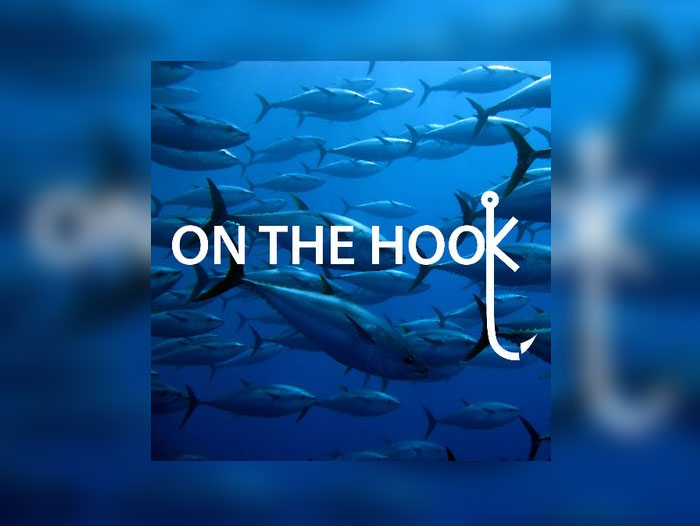On The Hook Consultation Reveals Major Concerns About Performance of Marine Stewardship Council Ecolabel
September 30, 2022 | 4 min to read

The results of an online consultation run by the On The Hook campaign provide evidence of the scale of stakeholder concerns about the Marine Stewardship Council’s (MSC) ecolabelling scheme.
The campaign group’s survey was open from April to July 2022 and received 69 responses from NGO, government, academic, industry, retail and consumer stakeholders across 14 countries.
Consultation results show that 57% of consultation respondents felt that the MSC does not currently serve as an effective indicator of sustainable fishing. Furthermore, 77% of respondents felt that the MSC’s use of the term ‘sustainable’ was not appropriate and not in line with market and consumer expectations.
32% of respondents agreed there were specific examples where MSC certification had rewarded sustainable fisheries or incentivised improvements. However, 75% thought there were specific instances in which a fishery was certified which should not have been – generally due to unsustainable fishing gear types, practices or activities. Furthermore, 40% of respondents felt that the MSC had lowered its standards for certification as it has grown in size.
In terms of how MSC is addressing concerns, 49% of respondents felt that the MSC’s reviews of its standards and other requirements were not responsive nor frequent enough to keep pace with emerging threats and evolving best practice.
Many felt that the MSC progress on addressing certain issues was unsatisfactory including on:
- Shark finning (75%),
- Ghost gear and plastic pollution (75%)
- Climate change (86%)
- Human and labour rights (84%)
- Endangered, threatened, and protected species (76%).
This consultation, which was open to all input and widely publicised, marked the first stage of On The Hook’s external review of MSC. The organisation launched the review earlier this year, following MSC’s repeated refusal to initiate its own independent review process, stating that “MSC has a vital role to play in global ocean governance, but that it is currently failing to deliver on its vision of an ‘ocean teeming with life’”.
Following the conclusion of this consultation, On The Hook will run a series of roundtable sessions in which groups of stakeholders will discuss key issues identified, as well as possible solutions. On The Hook’s external review will then culminate in an objective report collating feedback generated through both the initial consultation exercise and subsequent roundtable sessions. This will make both immediate and longer-term recommendations for MSC to implement.
Callum Roberts, Professor of Marine Conservation and On The Hook member said: “In order to maintain credibility, and to serve its purpose in tackling an urgent and escalating crisis, the MSC needs to undertake fundamental root-and-branch reform now, not simply make tweaks to its Standard. The MSC program needs to be updated for the 21st century and provide a roadmap to reach a reliable, transparent, and holistic guarantee of sustainability. We urge MSC to take note of the concerns demonstrated by this consultation and our following roundtables, and to heed the findings of our upcoming report.”
Charles Redfern, founder of Fish4Ever and On The Hook member said: “The MSC is very close to the point where it is undermining its own avowed aim to promote sustainable fisheries. It’s lost the room amongst the experts, NGOs and scientists in fishing and is increasingly seen amongst the most ethically minded retailers and public as a greenwashing screen for large businesses.”
On The Hook (www.onthehook.org.uk) launched in August 2017 to bring together NGOs, academics, industry, politicians and ocean advocates to call for reform to aspects of the Marine Stewardship Council (MSC) Standard.
For more information on the On The Hook campaign, go to www.onthehook.org.uk
For further information about On The Hook’s external review of MSC, go to www.marinestewardshipreview.org. Evidence from review is being independently reviewed by MarFishEco Fisheries Consultants Ltd.
